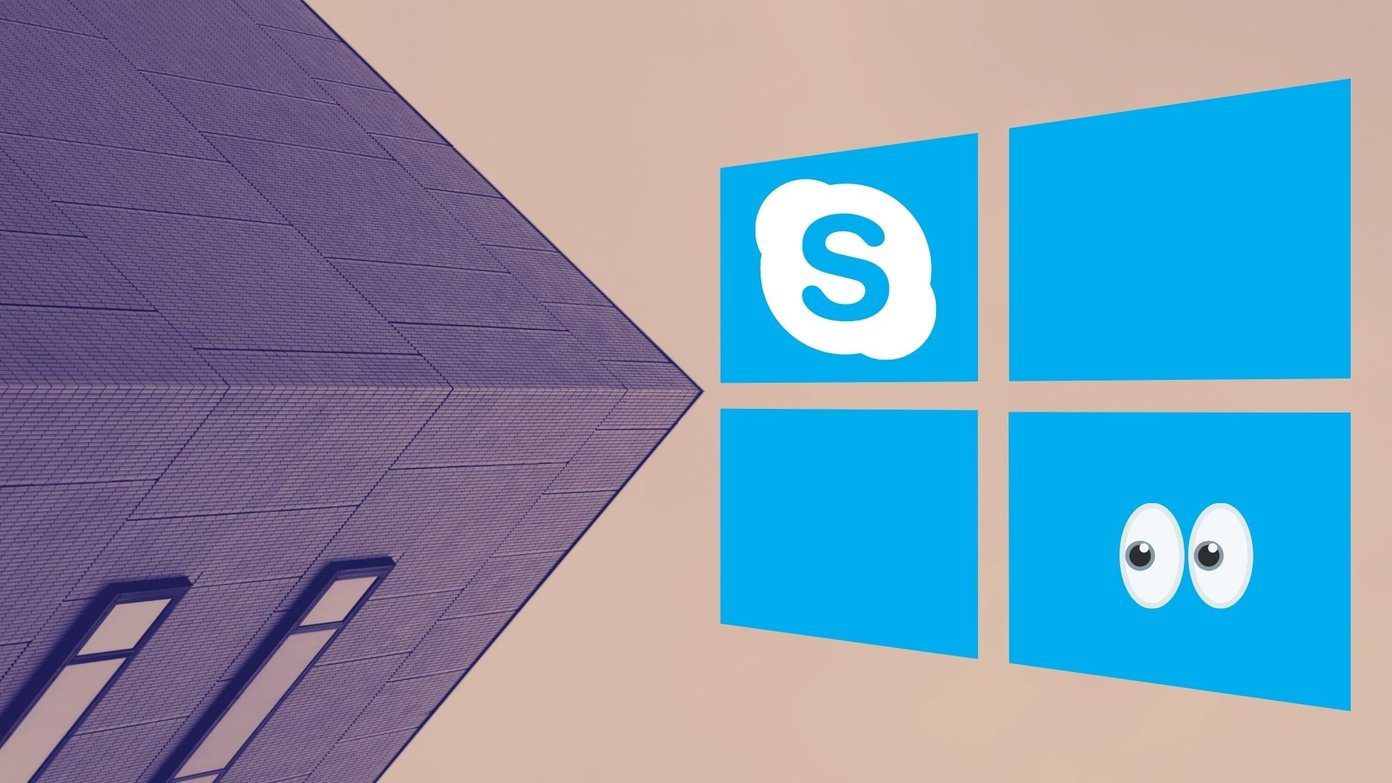iCloud isn’t the most stable of experiences on PC, but it’s something that you’ve got to deal with once you start integrating into the Apple ecosystem. And the fact that you get much less free space compared to alternate services such as Google Drive makes things even worse when your paltry 5GB of storage fills up in record time. If you are about to run out of space, iCloud pushes out banner notifications periodically. While it’s good to be alerted to something that vital, the frequency at which you receive these notifications, combined with the excessively distracting way that they show up, can get annoying really fast. Fortunately, Windows 10 lets you turn them off quite easily. But if you are also looking for ways to actually free up some iCloud storage, then you are going to find a few pointers on how to do that as well.
Turning Off iCloud Notifications
Windows 10 gives you complete control over all app-related notifications, so you can turn off iCloud notifications immediately. However, there’s a minor glitch within the application that forcefully re-enables disabled notifications after a PC restart, so you need to follow a particular pattern to permanently turn them off. So, let’s see how you can do that. Step 1: Open the Start menu, search for Notifications, and then click Turn App Notifications On or Off. Step 2: Scroll down and click iCloud Services. Note: Step 3: Turn off the switches under Show Notification Banners, Keep Notifications Private on the Lock Screen, Show Notifications in the Action Center, and Play a Sound When a Notification Arrives. Step 4: Finally, disable the switch under Notifications. That’s it! You’ve successfully turned off iCloud notifications, so you should no longer receive any distracting pop-ups or sounds anymore. Note:
Managing iCloud Storage
iCloud notifications are annoying, but simply turning them off doesn’t resolve the actual cause of the issue. Deleting files work, but only temporarily until you start running out of space again. So, if you are interested in managing your iCloud storage a tad more effectively, here are a few tips.
Switch to My Photo Stream
If photos take up a huge chunk of your iCloud storage, then consider using My Photo Stream to sync photos. It doesn’t require any space on iCloud, but you should still find your latest photos syncing over to all devices instantly. There are a few drawbacks, however. Photos are only backed up to iCloud for a maximum of 30 days, and you won’t find any videos or live photos syncing across devices either. To learn more about the advantages and limitations of My Photo Stream when compared to the default iCloud Photo Library, do check our detailed comparison guide regarding the subject.
Use Google Photos & Drive
My Photo Stream is great at what it does, but the limited cloud-backup functionality associated is highly disconcerting. Fortunately, there’s something even better. Ever heard of Google Photos? It’s completely free no matter how much you upload, and you can get it on pretty much any platform. However, your images and videos are compressed to a certain degree — a maximum of 16Mp for photos and 1080p for videos — but free is still free, right? And unlike My Photo Stream, you also have a permanent backup in case things go south. And when it comes to huge files, there’s really no point in wasting your iCloud Drive storage space when you have Google Drive to resort to. It provides up to 15GB of free space, which is thrice more than what iCloud offers. Not to mention the fact that Google Drive syncs stuff much faster overall as well.
Disable Unwanted Apps
Usually, your iPhone or iPad backs up any documents generated by the majority of apps that you install to iCloud. However, you can prevent your device from uploading data from unwanted apps via the Manage Storage portal — accessible by tapping Settings -> Profile Name -> iCloud -> Manage Storage -> Backups. Do take care that you don’t disable any important apps from backing up data to iCloud while you’re at it.
Back Up With iTunes
iCloud backups are insanely convenient, but if you’re really crunched for storage, consider using iTunes to back up your iPhone or iPad directly to your PC instead. You should be able to free up lots of space on iCloud by doing so, not to mention the additional bandwidth that you save by backing up locally. However, it’s always better to have an iCloud backup at hand just in case, so do consider this as a last resort. And speaking of iTunes, did you check out the new iTunes Windows Store app yet?
Buy Additional iCloud Storage
Playing devil’s advocate here, but if you absolutely love using iCloud and everything about it, consider buying additional cloud-storage. There are a number of upgrade plans available, and a move up to 50GB of storage costs only 99c per month.
One Other Thing
Before wrapping things up, let’s briefly go over another iCloud-related notification that shows up repeatedly after attempting to your sync iCloud-related data with the Mail, Calendar, or People apps. Labeled ‘Your iCloud Settings Are Out of Date,’ it shows up due to the enhanced two-factor authentication protocols related to your Apple ID. Since this notification is pushed out by other apps, it won’t go away even after disabling all iCloud notifications. To resolve the issue, you need to generate an app-specific password via the Apple ID management portal so that you can successfully sign into the app that prompts the notification. For an in-depth guide regarding the issue, please refer to this post.
No More Annoying Pop-Ups, But …
iCloud notifications are downright annoying, and while you can easily disable them, it’s always better to free up some space if possible. You never know when you might need that vital iCloud backup to only find that it hasn’t synced properly due to a lack of storage. My Photo Stream, Google Photos, Google Drive, and iTunes should all help you out in toning down on the amount of stuff syncing to iCloud. So, did you manage to turn off those pesky notifications successfully? Do let us know in comments. The above article may contain affiliate links which help support Guiding Tech. However, it does not affect our editorial integrity. The content remains unbiased and authentic.

















